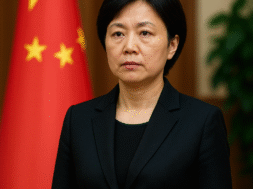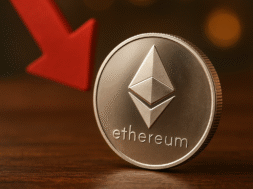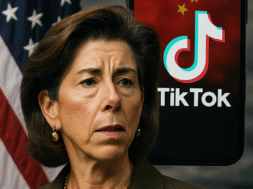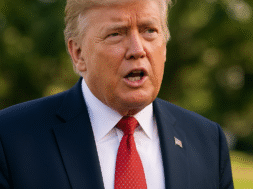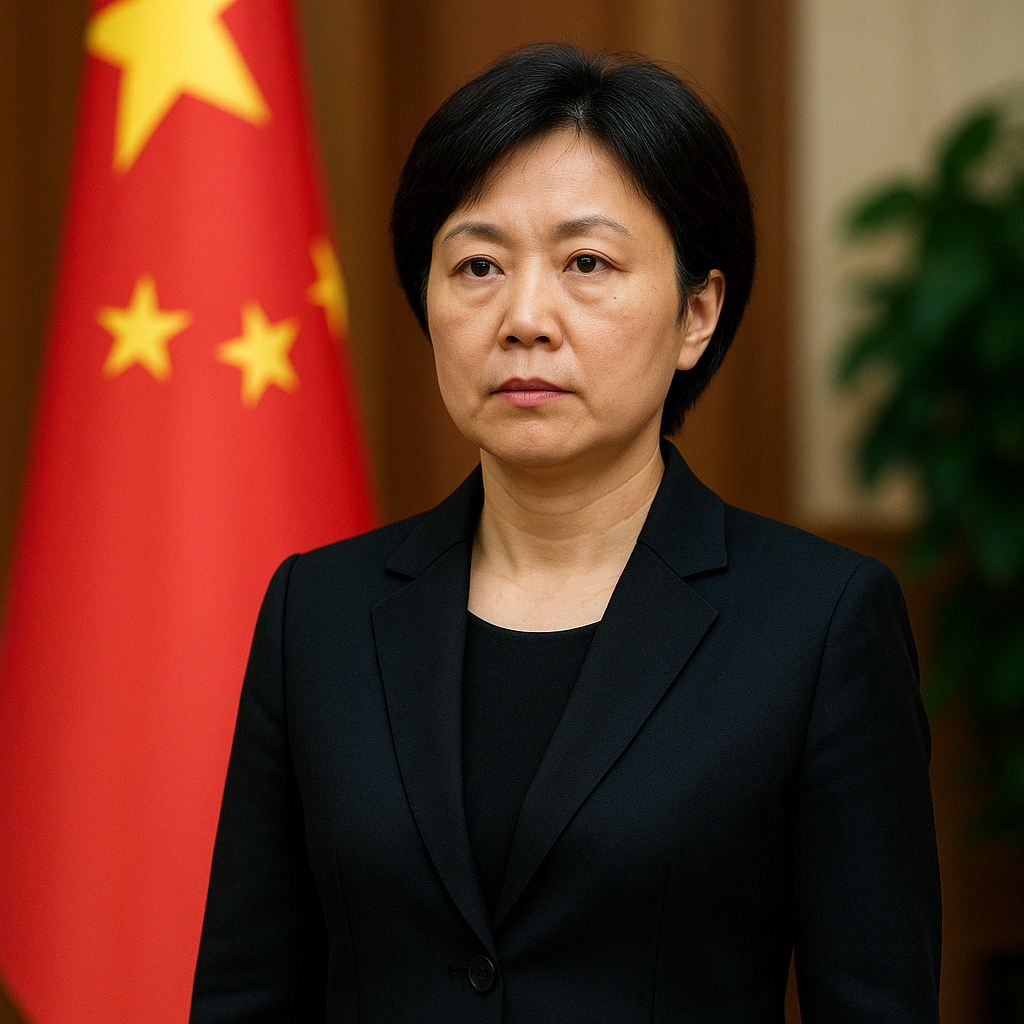
China’s Silence Deepens Uncertainty Over Trump’s TikTok Deal
After U.S. President Donald Trump announced his approval of a deal that could keep TikTok operating in the United States, Beijing’s response has been strikingly muted. Despite the app’s global popularity and political weight, Chinese state media and online discussions have offered little commentary, signaling the government’s cautious stance as it ultimately holds the power to decide TikTok’s fate.
One state-linked Weibo account cited a Fudan University professor, who framed the agreement as a potential “win-win” for both sides. However, no representatives from TikTok’s parent company ByteDance were present at the signing, and the company has yet to issue an official response. Reports suggest TikTok’s U.S. operations may be split into two entities, with a new joint-venture company handling data, algorithms, and local business functions. ByteDance is expected to retain less than a 20% stake under the plan.
The deal is designed to address U.S. national security concerns by forcing ByteDance to divest from its American operations or face a complete ban. Another new company may also be created to oversee e-commerce, advertising, and TikTok’s international business, according to reports.
TikTok’s future in the U.S. has long been uncertain, with lawmakers warning of risks around data security and potential political influence. A Pew Research survey shows that one in five American adults now consume news on TikTok, a steep rise from just 3% in 2020.
Earlier this year, the U.S. Supreme Court upheld legislation requiring ByteDance to divest from TikTok or exit the market, though deadlines have been repeatedly extended by executive orders. Trump has claimed that Chinese President Xi Jinping gave his blessing during a phone call, though Beijing’s official readout portrayed the discussion differently—emphasizing commercial negotiations, fair trade practices, and legal compliance.
Analysts say the situation remains complex, as China has little incentive to allow ByteDance to fully divest, while U.S. regulators continue to stress control over TikTok’s algorithm as a key national security concern. With trade tensions already high, TikTok’s role in U.S.–China relations could become a powerful bargaining chip in broader negotiations.
